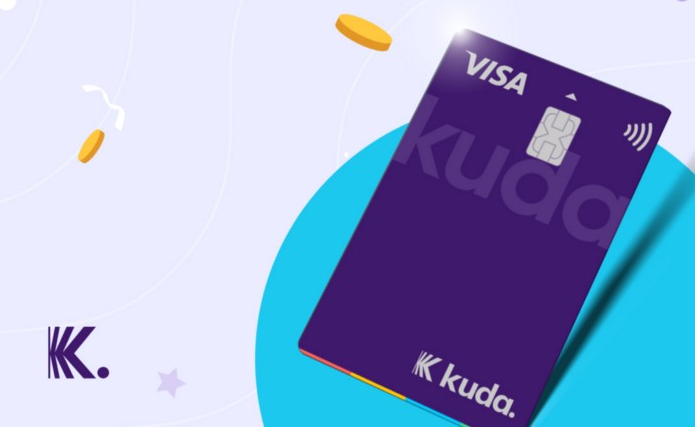Kuda, the Nigeria-focused digital banking platform backed by Target Global, has tripled its revenue according to its latest audited financial statements filed with U.K. regulators. The startup’s revenue surged by an impressive 190% in 2022, reaching $22 million (~£17.2 million), up from $7.7 million (~£6 million) in the previous year.
Headquartered in the U.K., Kuda operates a digital banking platform that allows customers in Nigeria, its primary market, to make payments, access loans, and manage their wealth. The company’s rapid growth can be attributed to a significant increase in user adoption, with the number of customers doubling from 2.4 million to 4.9 million over the past year.
Kuda’s expansion efforts have extended beyond Nigeria, as the fintech has set its sights on new markets, including the U.K., Canada, Ghana, Tanzania, and Uganda. The company has focused on launching new products, such as international remittances, to cater to the evolving needs of its growing customer base.
The impressive financial performance is further reflected in Kuda’s total deposits, which more than doubled from $41 million in 2021 to $100 million in 2022. The business banking segment has been a significant driver of this growth, with deposits from business customers jumping 154x from less than $102,000 to nearly $15 million by the end of the year.
Kuda’s total assets also rose by 30% to $154 million in the year under review, with nearly 80% of its assets tied to its Nigerian subsidiary. The company’s diversification efforts have paid off, as it has started to earn substantial revenue from treasury investments in Nigeria, which now account for a third of its interest income.
Despite the impressive revenue growth and expanding customer base, Kuda’s losses continue to mount. The company posted net losses of $32 million, more than double the previous year’s figure, due to higher staffing costs and other operating expenses. Since its launch in 2019, Kuda has accumulated $55 million in losses.
The fintech’s aggressive expansion strategy, including a World Cup advertisement, contributed to the increased spending. However, Kuda has recently scaled back its advertising efforts to reduce its burn rate.
Kuda’s financial resources remain under pressure, as the startup had $33 million in cash at the start of last year, a nearly 50% decline from 2022. The company attempted to raise bridge funding of $20 million at a flat valuation in mid-2023 but later abandoned those efforts.
Nevertheless, Kuda’s chief financial officer, Frederic Bidet, remains optimistic about the company’s future, stating that they have “reduced the gap between revenue and losses” and are “making good progress towards breakeven.” Bidet also emphasized that Kuda has “enough funds to reach breakeven comfortably” and does not need to fundraise to meet its operating expenses at the moment.
As Kuda continues to navigate the challenges of rapid growth, its impressive revenue performance and user adoption suggest that the fintech is well-positioned to cement its position in the digital banking landscape in Nigeria and beyond.



